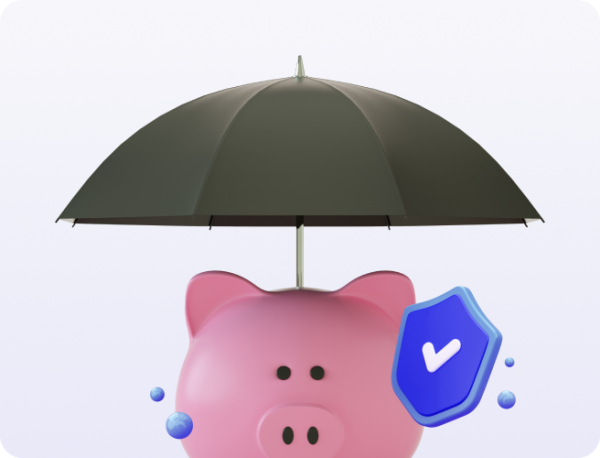Sep 07th, 2023
Pay Day Loans

Alternatively known as “short term loans”, pay day loans are ultimately short-term loans with high cost. These loans are determined by a borrow amount of $0 – $2000 and to be paid back between 16 days to 1 year. (Some pay day loans can be borrowed over a longer period.)
Who can get a pay day loan?
Credit providers are required by law to lend money responsibly, which means they must not lend you money if they think the credit would be unsuitable for you. Lenders MUST establish reasonable lending before they can commit to approval. Failing to do so may lead to penalties.
There are some circumstances where it is less likely for a lender to give you a quick loan. For example:
- You have had two or more other small amount loans in the last 90 days.
- You are spending all of your money each pay and are unable to meet your other expenses.
- You have defaulted (that is, failed to pay back by the due date) another quick loan.
- Credit File does not meet lenders criteria
- Existing bad credit or dishonours with credit provider you are applying with.
- If they have not established reasonable lending.
If receiving Benefits (Centrelink) which equates to 50% or more of your income, a pay day loan commitment / repayment CANNOT exceed more 20% of your total income. You do not qualify legally for a pay day loan.
While the exact fee you are charged will vary depending on the amount of money you borrow, credit providers are only allowed to charge you the following:
- a one-off establishment fee of 20% (maximum) of the amount loaned
- a monthly account keeping fee of 4% (maximum) of the amount loaned
- a government fee or charge
- default fees or charges (see below)
- enforcement expenses (if you fail to pay back the loan, these are the costs of the credit provider going to court to recover the money you owe them)
Lenders are not allowed to charge interest on the loan.
Lenders are no longer allowed to charge direct debit fees on any payday loan entered into from 1 February 2017. All loans taken out before this date are only allowed to charge direct debits fees for the life of the loan.
This cap on fees does not apply to loans offered by ADIs such as banks, building societies or credit unions.
As you can see above, obviously compared to your conventional borrows, the costs for a payday loan are obviously quite high. A payday loan might sound like a fast cash fix, but make sure it’s the right choice for you and always check if there’s a cheaper/better option.
Apart from fees and cost, you may think committing to a pay day loan, getting approved and paying the loan back will have no negative affect on you, well think again.
Every time you make an official enquiry, a listing on your credit file will be generated with:
- the lender you applied with
- amount
- date.
Your credit score goes down, whether or not you proceed with the loan. Enquires last for 5 years on your credit file.
This may hinder any other future commitments you are trying to make ie. Personal loans, Car loans or Mortgages. When applying for credit, ADI’s (Authorised Deposit taking Insitutions, such as banks, building societies or credit unions) consider Pay Day Loans, and even just enquiries to these institutions, as an indication that you cannot manage your current financial situation. Most “big name” banks and/or “2nd tier” lenders won’t consider you if they see these on your credit file as they will have a policy around Pay Day loans in their lending criteria.
Once again,
A payday loan might sound like a fast cash fix, but make sure it’s the right choice for you and always check if there’s a cheaper option.















